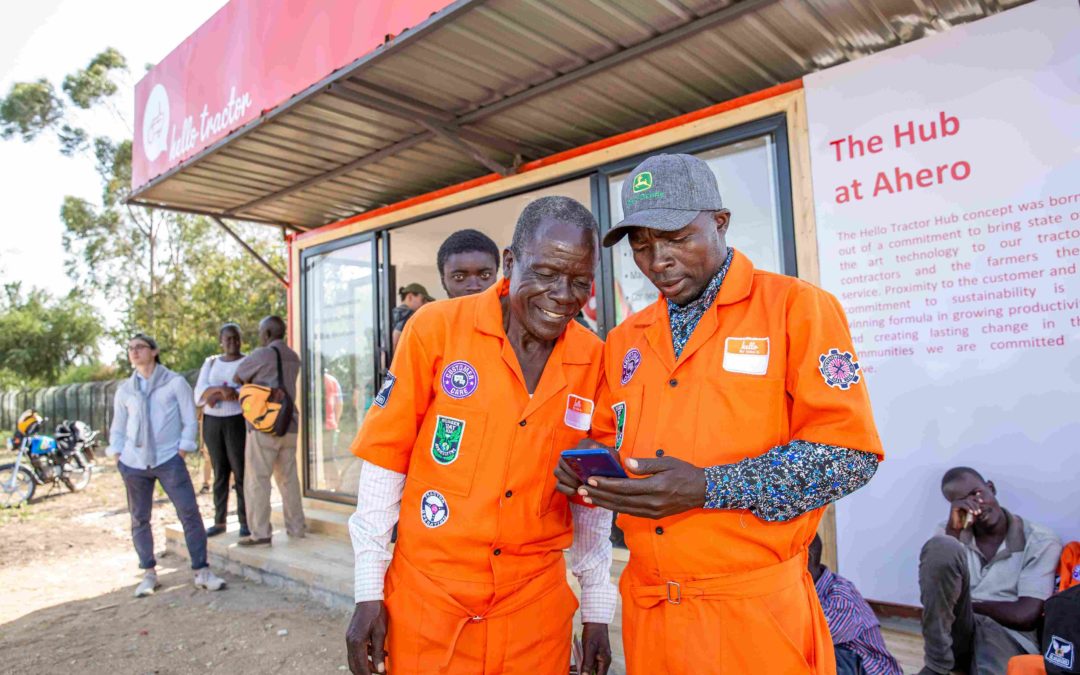The winter was especially harsh and because of the freezing cold many animals died. In desperation, the prickly porcupines all huddled together in hopes that their combined heat would stave off some of the devastating cold. Their plan worked and as other animals suffered and died, the porcupines were sustained through the shared warmth of each other.
Soon, however, they became aware of a different problem. The problem was this: the porcupine’s prickly spines poked and stabbed each other due to their close proximity. The discomfort was just too much for them and they decided to go back to living apart. Very soon after separating though, they began once again to suffer and die from the cold.

The porcupines realized that they had a choice. They could remain apart and although they would soon die, they would never have to experience the discomfort of being poked and pricked by the quills of another again. The other choice would be to return to their huddle to be poked and stabbed from time to time by their neighbors but to also experience the life-sustaining warmth of their collective body heat. They chose the latter and lived to tell the story.
The moral of this story? Our survival depends on being together even though at times we experience some discomfort from being so close. One thing is certain though: without the warmth of community, we will surely perish.
Agriculture is no different. As we look to establish Africa as a global breadbasket, we require close partnerships to meet the varied needs of our farmers. Sometimes partnership is difficult but the survival of our global food system depends on it.
Proximity is how we anchor our partnership strategy and unlock Africa’s farming potential. Many smallholder farmers struggle with getting easy and timely access to the basic inputs they need to be more productive on the farm. Additionally, they often have a hard time finding adequate storage facilities for their harvested crops, leading to post-harvest losses.
Tractor owners are not left out in the struggle as they generally do not have access to the right implements they need to expand their businesses into new areas and service more farmers. They also have a hard time finding spare parts when their equipment breaks down on the field leading to longer downtimes and a loss in revenue.
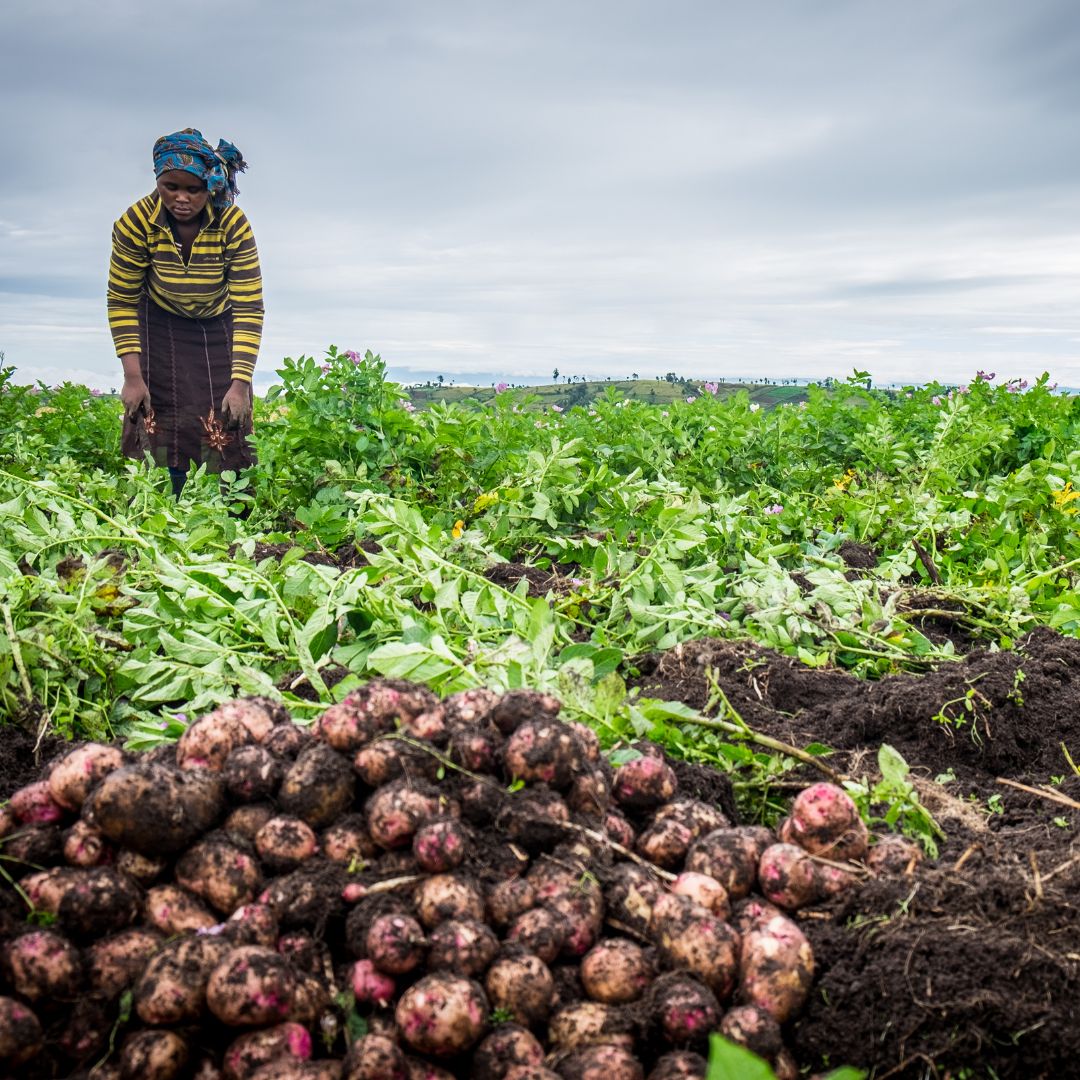
Farmer using manual labor
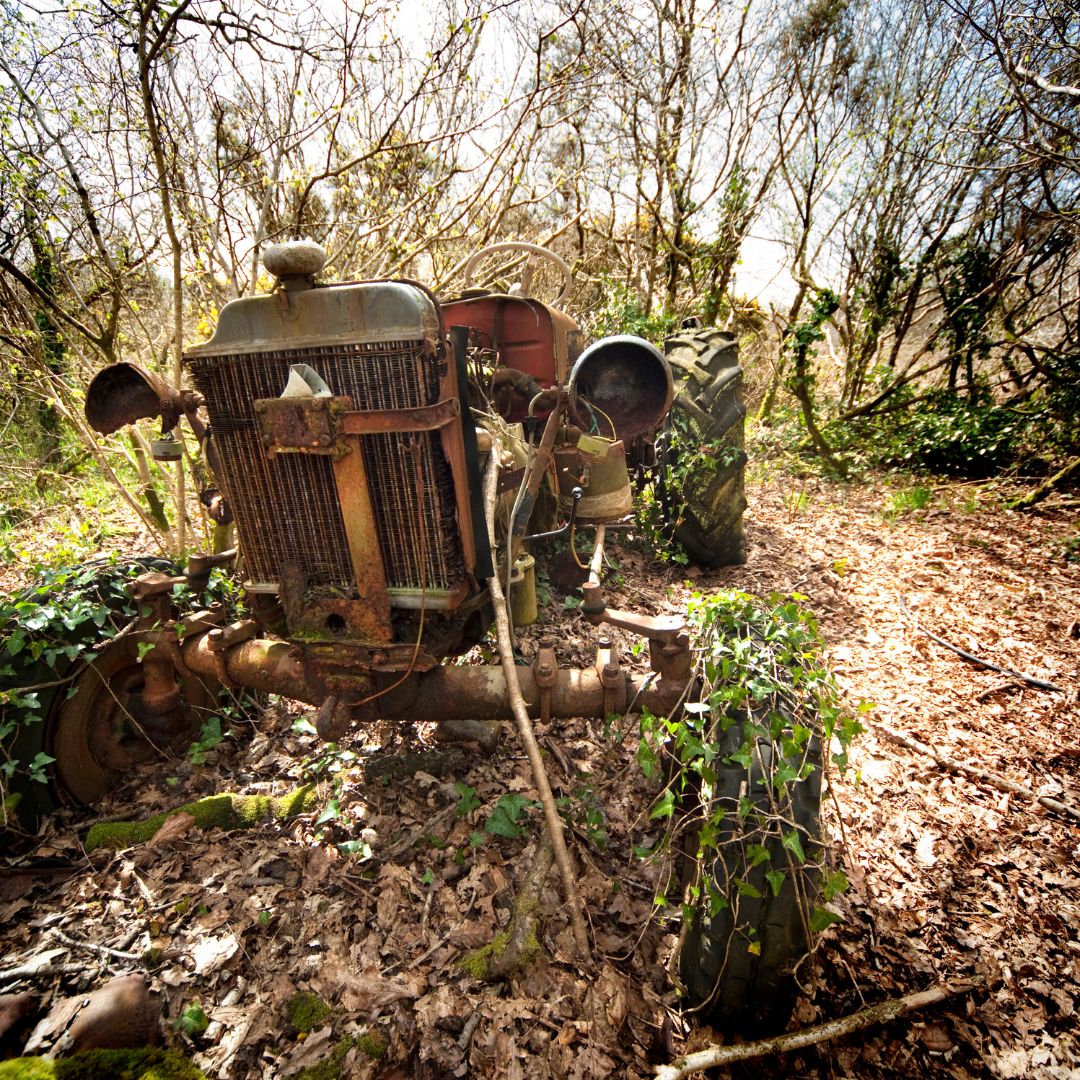
Broken tractor on the farm
Taken together, these challenges have given rise to the launch of our Technology Hub model which is anticipated to be a sustainable solution to address the issues. By evaluating last mile data we have gathered over the previous 8 years on our platform, we gained valuable insights to prioritize the right mix of wrap-around services and identify the right partners to ensure these services are delivered to our farmers sustainably.
The key features that all our hubs will have include:
1. An Implement Bank
Many tractor owners only purchase the basic land preparation implements when they purchase their tractors. This limits the kinds of services that they are able to provide to smallholder farmers, especially when it comes to climate-smart farm practices. As such, our hubs will stock up on climate-smart implements to help extend the service offerings that tractor owners within our network can provide to farmers, hereby increasing serviceable demand while creating jobs for local community-based booking agents.
2. Technician Services
Our goal at Hello Tractor is to minimize the downtime of all tractors on our platform. By partnering with our network of OEMs and equipment dealers, the hub will provide certified technician services as well as a stable and transparent spare parts supply chain. And with a buy-now-pay-later mechanism in place, these services will be more affordable to tractor owners.
3. Access to Fertilizer & Seeds
Quality seeds and fertilizers are rather scarce in the smallholder market. Through strategic partnerships, the hub will provide access to high-quality agri-inputs and advisory services that will assist growers in the choice and application of each respective product.
4. A Storage & Receipt System
Farmers frequently sell their produce when prices are depressed. With storage capacity, the hub will increase smallholder income through the reduction of post-harvest losses, instant liquidity and market linkages.
We launched the first of many hubs to come in Ahero town of the Kisumu region in Kenya in January. In line with the outlined key features, the hub focuses on enhancing the accessibility of (climate-smart) tractor implements and technician services for tractor owners while making mechanization services, seeds and fertilizer as well as storage units for harvested goods more within reach for smallholder farmers in the area.
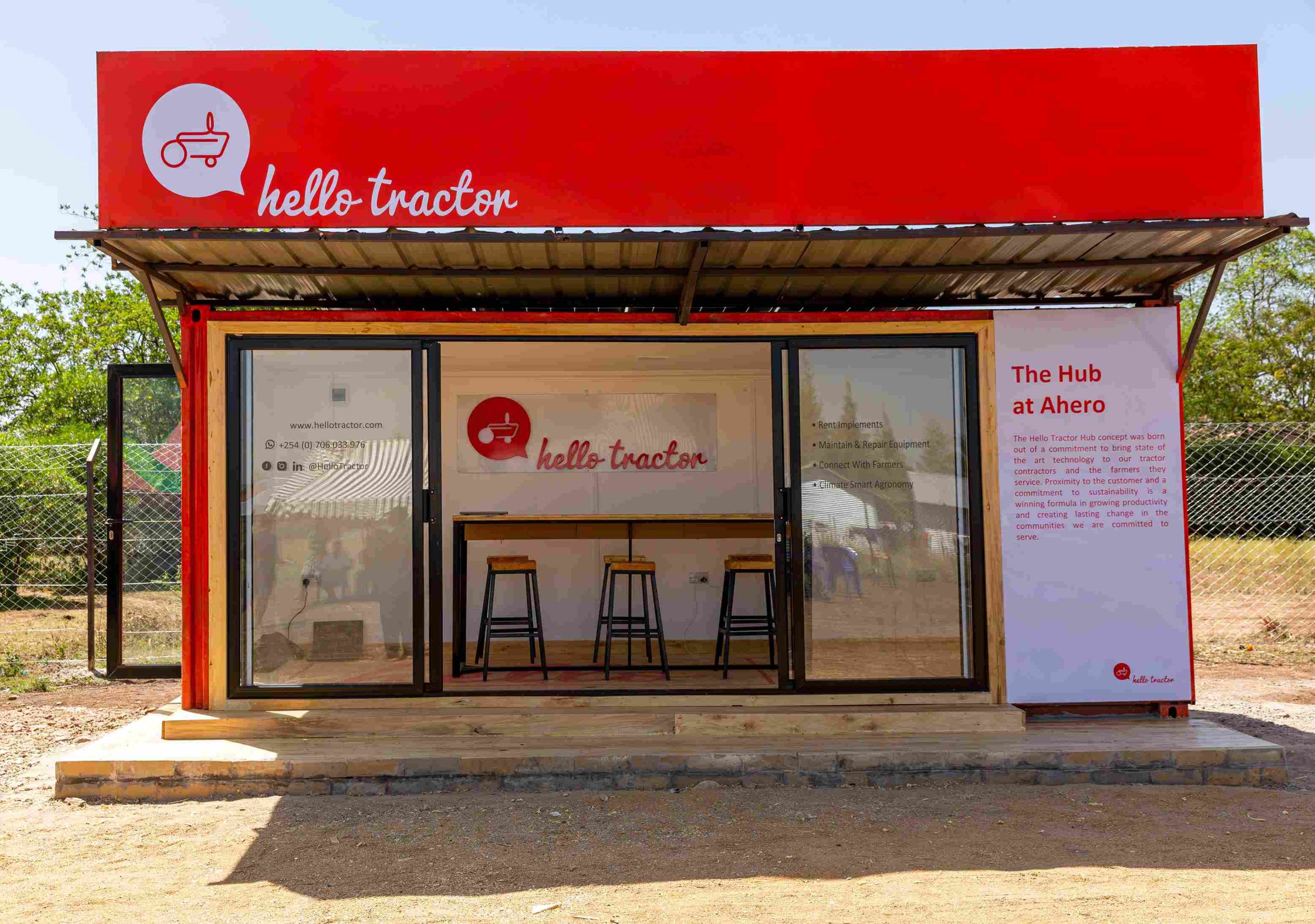
Hello Tractor first technology hub in Kisumu, Kenya
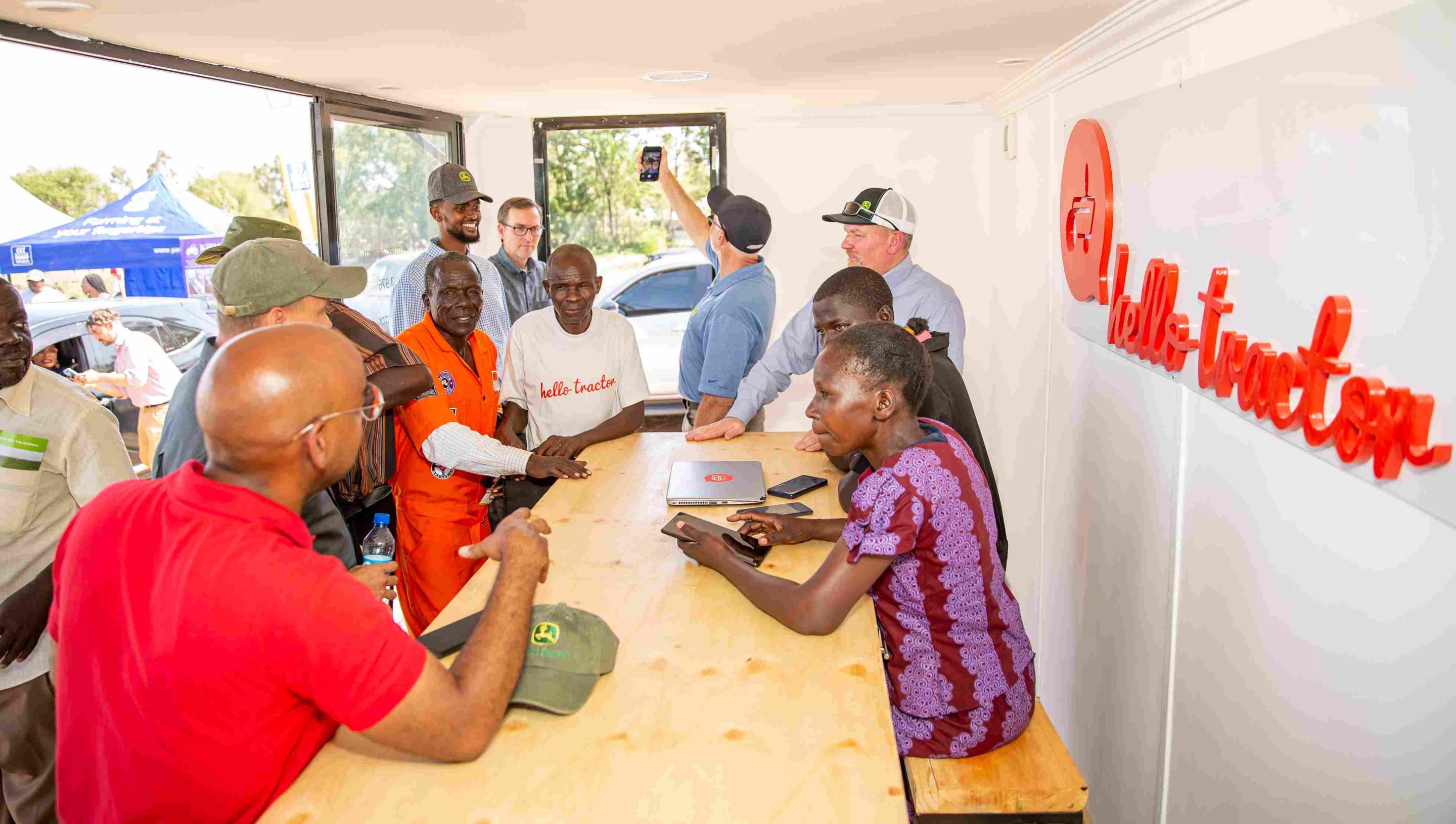
John Deere team meeting Hello Tractor farmers during the Hub Launch
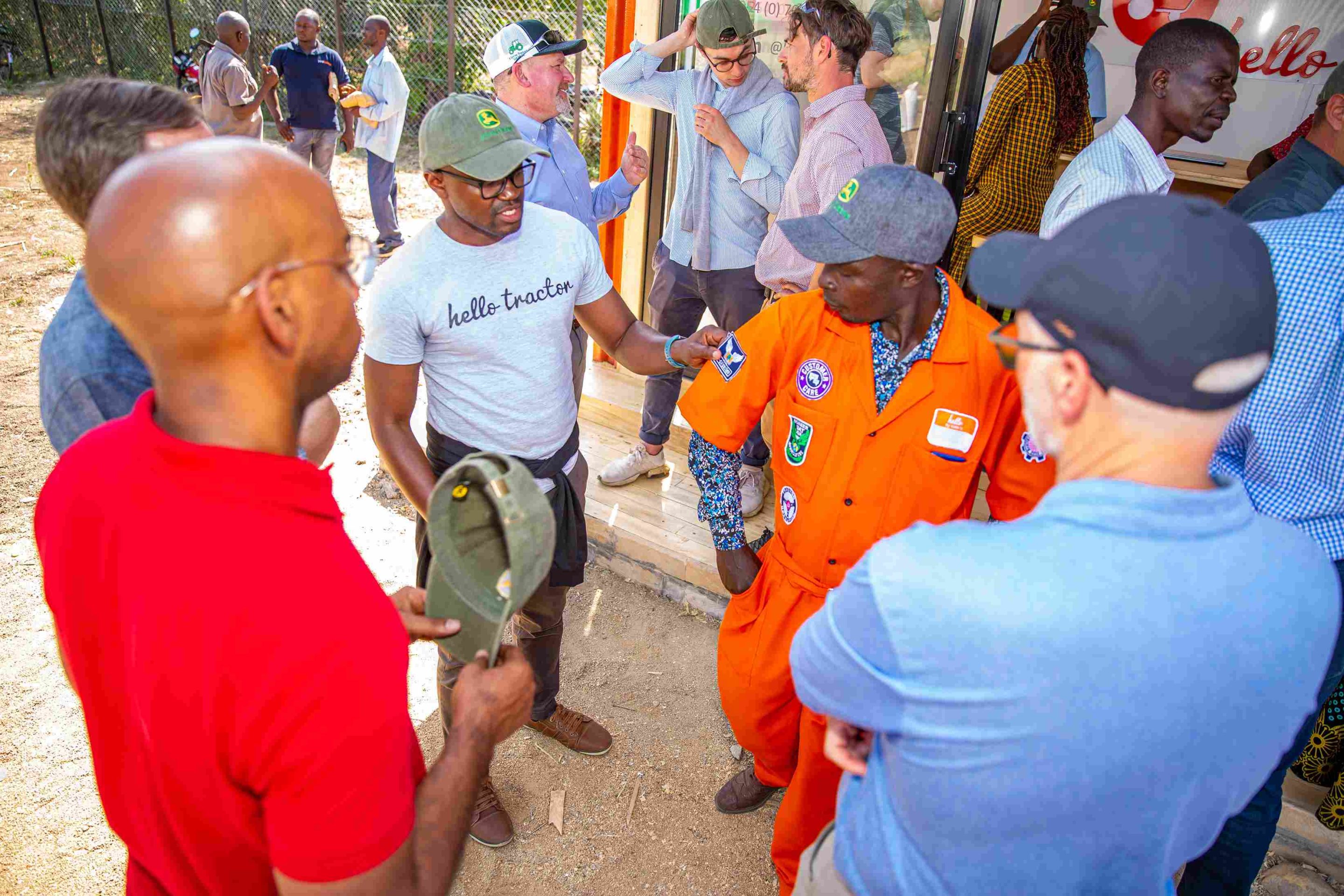
The Hello Tractor team showing what each patch on the tractor operator uniform represents
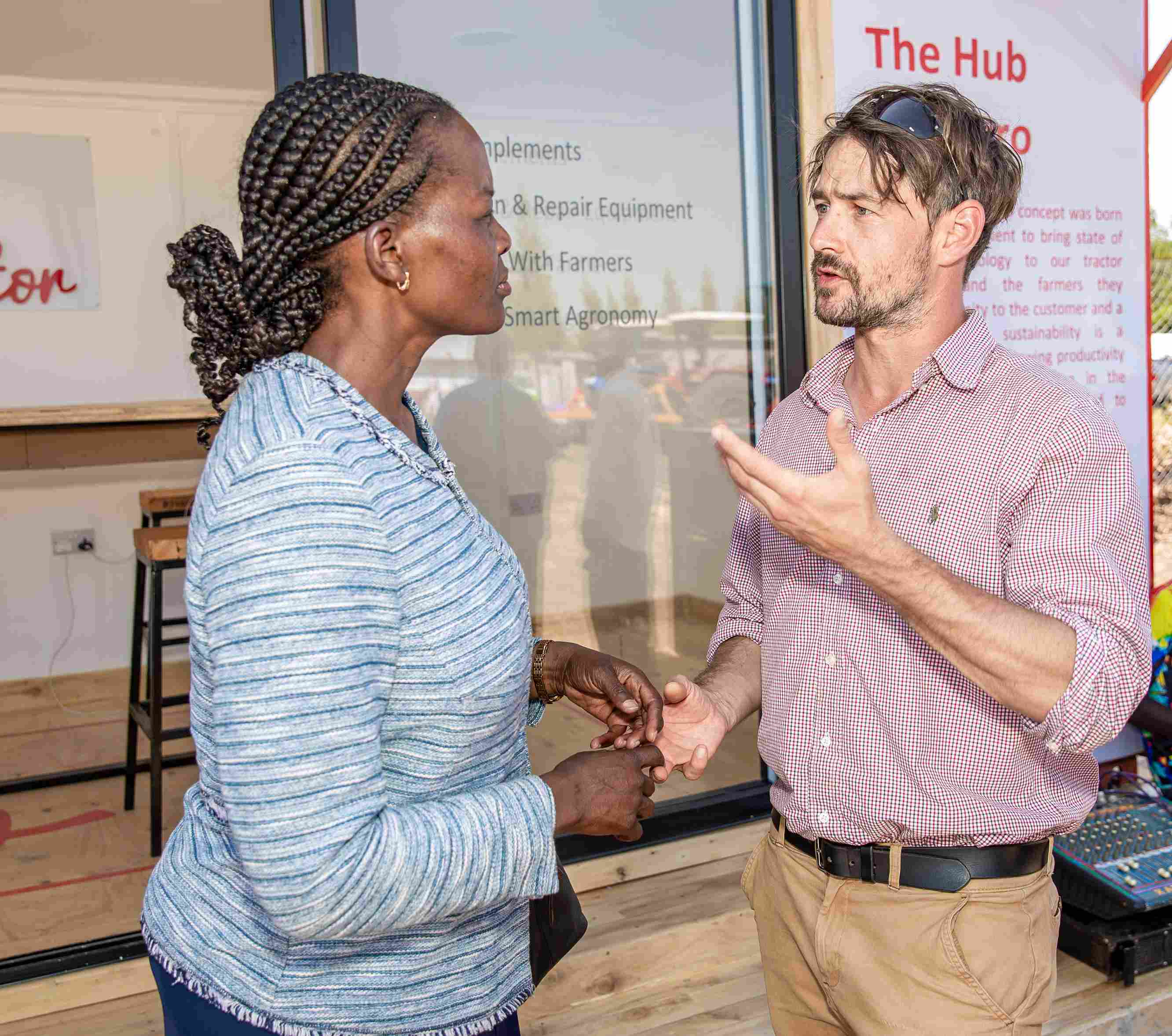
James Goode( Chief Commercial Officer) talking to a government official from Kisumu County
Our goal is to scale this hub model into key communities across the countries where we work to enhance productivity across the agricultural value chain and improve food security. The long term benefits that the Technology Hub is expected to yield in each region include:
- Increased availability of machinery along the value chain
- Increase in productivity for smallholders and equipment owners
- Acceleration of post-harvest logistics
- Reduction of post-harvest losses
- Access to reliable technician services
- Creation of jobs for youth & women and execution of training programs
- De-risking private sector investments into the agricultural landscape
We believe that this new model in addition to our fast-growing Pay-As-You-Go (PAYG) tractor financing, fuel and spare parts financing, mechanization service marketplace and the social on-ground infrastructure of booking agents and local brokers will spark a flywheel of increased productivity in the African agricultural ecosystem.
Want to partner with us to set up a Technology Hub in your area? Drop us a message!

